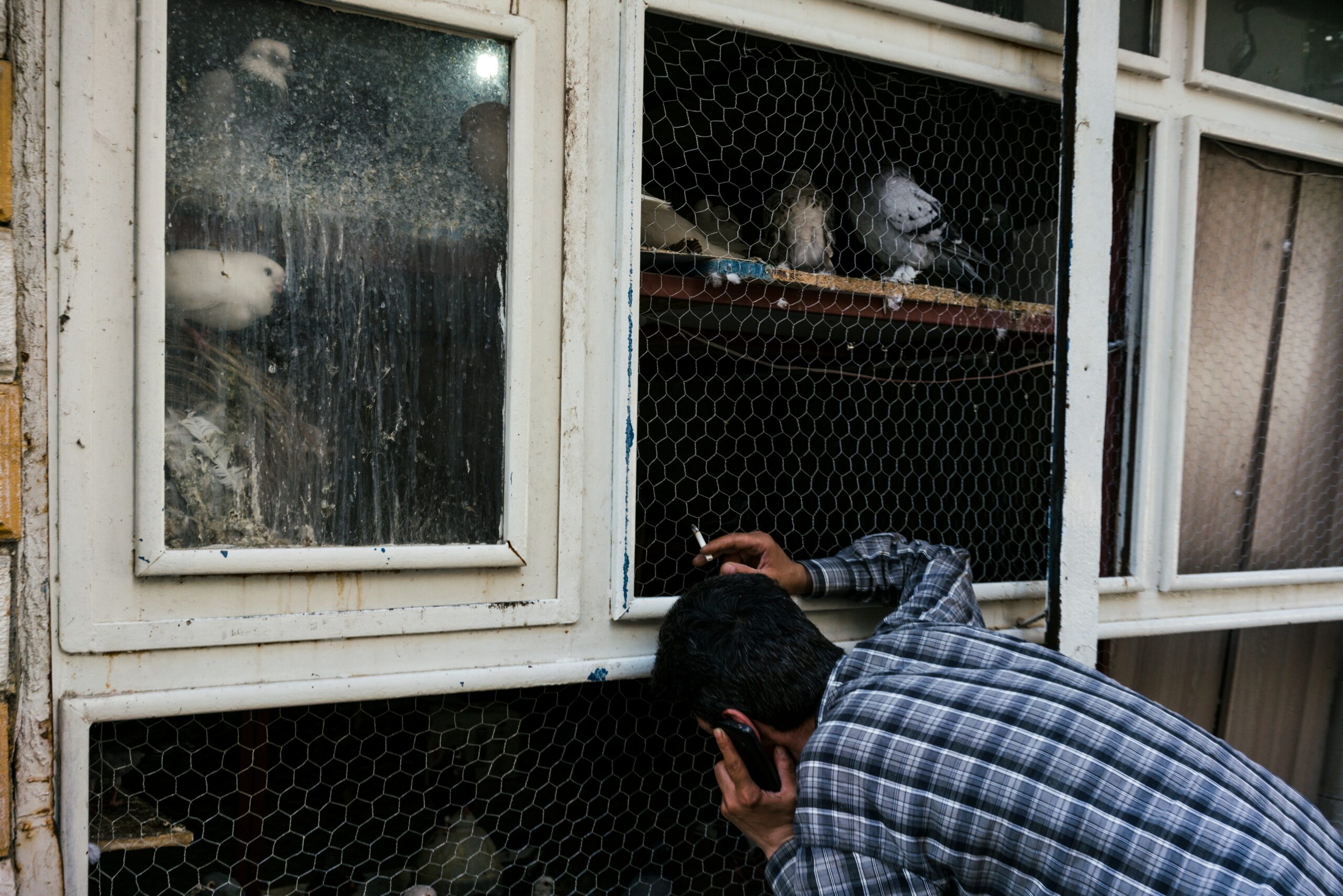
In a significant development that underscores the complexities of conflict reporting, Salah Negm from Al Jazeera has called upon journalists worldwide to meticulously verify Israel’s claims regarding the recent killing of a media team in Gaza. This call to action highlights the critical need for accuracy and scrutiny in journalism, especially in conflict zones where information can often be contested or obscured.
Key Facts
- Salah Negm, a prominent figure at Al Jazeera, has emphasized the necessity for thorough verification of the circumstances surrounding the killing of journalists in Gaza.
- The call for media diligence comes amid heightened tensions and widespread international concern over the safety of journalists in conflict areas.
Background
The recent incident involving the killing of Al Jazeera journalists in Gaza has sparked a global outcry and brought to light the perilous conditions faced by media personnel in conflict zones. The necessity to navigate between reporting facts and ensuring the safety of individuals on the ground poses a significant challenge to news organizations worldwide.
Timeline/What We Know
Details about the incident remain sparse, and there are conflicting reports about the circumstances leading up to the journalists’ deaths. This lack of clarity is partly why Salah Negm has urged for a careful examination and verification of the facts before they are presented to the public.
Official Reactions
While official statements from various stakeholders, including media houses and government bodies, are awaited, the journalism community has reacted swiftly. Many support Negm’s call for a disciplined approach to reporting, especially in situations with significant geopolitical implications.
What’s Next
The focus now turns to how journalists and media organizations respond to Negm’s plea. The broader implications for press freedom and the protocols for reporting in conflict zones are also under scrutiny. The incident is likely to influence future journalistic practices, particularly in verifying and reporting in volatile regions.


